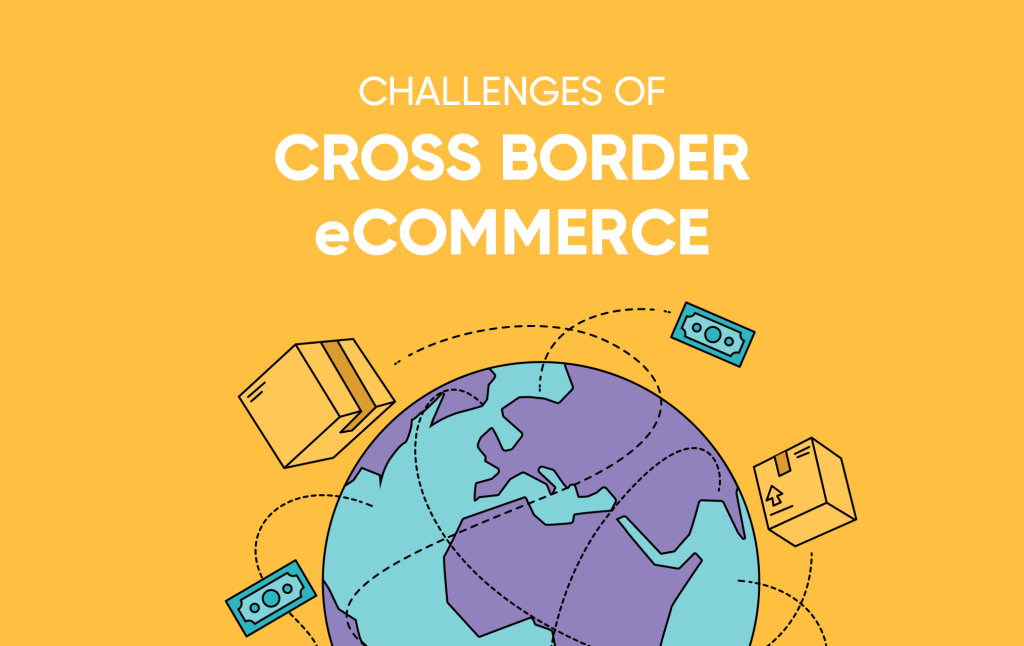As Marketing Manager, I’ve spent considerable time analyzing the burgeoning landscape of cross-border e-commerce, particularly its impact on and potential within emerging markets. The opportunities are undeniable—a rapidly expanding consumer base with increasing internet access and a growing appetite for global goods. However, navigating this landscape requires a keen understanding of the unique challenges these markets present. This isn’t just about selling products; it’s about building sustainable, trustworthy relationships with international consumers.

The Allure of Emerging Markets
The sheer scale of potential customers in emerging markets is a primary driver for businesses venturing into cross-border e-commerce. Millions of previously untapped consumers are now readily accessible online, creating a massive opportunity for growth. Cross Border E Commerce Logistics Market Size, Trends and Projections Many of these markets are experiencing rapid economic development, leading to a rise in disposable income and a greater willingness to spend on goods and services, including those sourced internationally. This presents a compelling case for businesses to expand their reach beyond their established territories.
However, the allure of these vast markets is counterbalanced by a complex web of challenges. Ignoring these pitfalls can lead to significant setbacks and ultimately, failure. Let’s examine some of the key hurdles businesses face.
Navigating the Complexities: Key Challenges
1. Regulatory Hurdles: This is arguably the most significant barrier. Emerging markets often have diverse and often evolving customs regulations, import/export duties, tax laws, and intellectual property rights protections. Understanding and complying with these regulations can be a complex and time-consuming process, requiring specialized knowledge and potentially significant legal and consulting fees. A single misstep can result in costly delays, penalties, or even the complete seizure of goods.
2. Logistics and Infrastructure: Reliable and efficient logistics infrastructure is crucial for successful cross-border e-commerce. Many emerging markets struggle with underdeveloped transportation networks, unreliable delivery services, and inadequate warehousing facilities. This can lead to longer shipping times, increased costs, and higher rates of damaged or lost goods, negatively impacting customer satisfaction and brand reputation.
3. Payment Gateway Complications: The availability and reliability of secure and efficient payment gateways vary significantly across emerging markets. Consumers may prefer different payment methods than those common in developed nations, necessitating integration with local payment systems. Concerns about online security and fraud can also deter consumers from making online purchases, hindering sales conversions.

4. Cultural and Linguistic Differences: Effective communication is paramount. Failing to adapt marketing materials and customer service to local languages and cultural nuances can severely limit market penetration. Misunderstandings can arise from differing cultural expectations regarding customer service, product descriptions, and even marketing imagery. Localization is not merely a translation exercise; it’s a deep understanding and respectful integration of the local market’s values and preferences.
5. Currency Fluctuations and Exchange Rates: The volatility of exchange rates in emerging markets can significantly impact profitability. Fluctuations can lead to unexpected losses if not properly managed, requiring businesses to implement hedging strategies or price adjustments to mitigate risk.
6. Trust and Security Concerns: Establishing trust with consumers is essential, particularly in markets where online shopping is still relatively new. Consumers may be hesitant to share personal information or make online payments due to concerns about security and data privacy. Building trust requires transparent communication, secure payment options, and robust customer service.
Unleashing the Potential: Strategies for Success
Despite these challenges, the potential rewards of cross-border e-commerce in emerging markets are substantial. Successful businesses are those that proactively address these challenges through well-defined strategies:
- Thorough Market Research: Before launching, comprehensive market research is vital. This includes understanding consumer behavior, purchasing patterns, preferred payment methods, and cultural nuances.
- Strategic Partnerships: Collaborating with local logistics providers, payment gateways, and marketing agencies can significantly alleviate challenges related to infrastructure, payments, and communication.
- Localization Expertise: Investing in professional translation and localization services ensures effective communication and resonates with the local market.
- Robust Customer Service: Providing multilingual customer support channels and addressing customer queries promptly and efficiently is crucial for building trust and loyalty.
- Compliance and Regulatory Knowledge: Seeking expert legal advice to ensure compliance with local regulations is paramount to avoiding costly penalties and delays.
- Agile and Adaptable Approach: The landscape of emerging markets is dynamic. Businesses must be prepared to adapt their strategies in response to changing regulations, consumer preferences, and market conditions.
- Leveraging Technology: Utilizing technology to streamline operations, enhance security, and improve customer experience is key. This could include AI-powered translation tools, secure payment gateways, and advanced analytics for understanding customer behavior.

Cross-border e-commerce in emerging markets presents a unique blend of challenges and opportunities. While the complexities are undeniable, the potential rewards are equally significant. Businesses that approach this market with a well-defined strategy, a deep understanding of the local context, and a commitment to building trust with consumers are well-positioned to capitalize on this immense growth potential. By proactively addressing the challenges and leveraging the opportunities, businesses can successfully navigate this dynamic landscape and unlock the vast potential of emerging markets. My role as Marketing Manager involves constantly assessing these dynamics and adapting strategies to ensure our clients are at the forefront of this exciting evolution.




